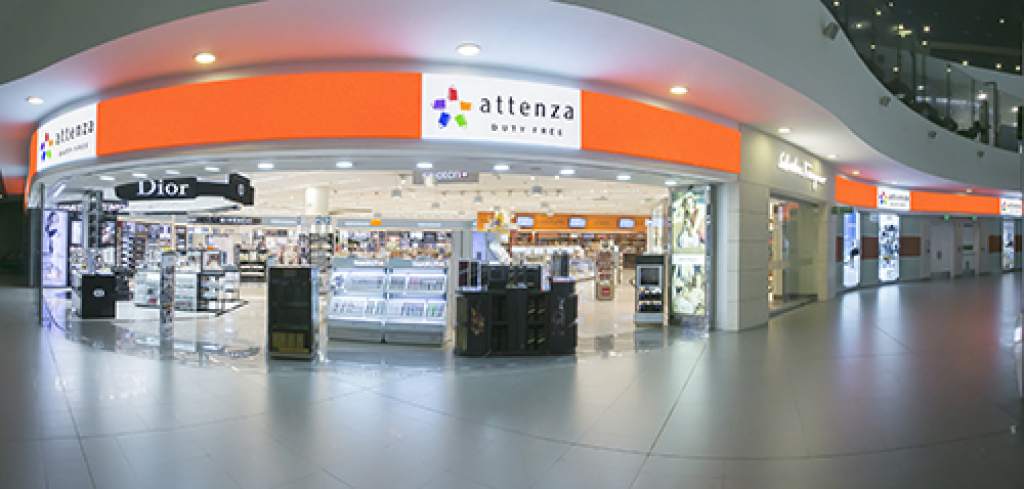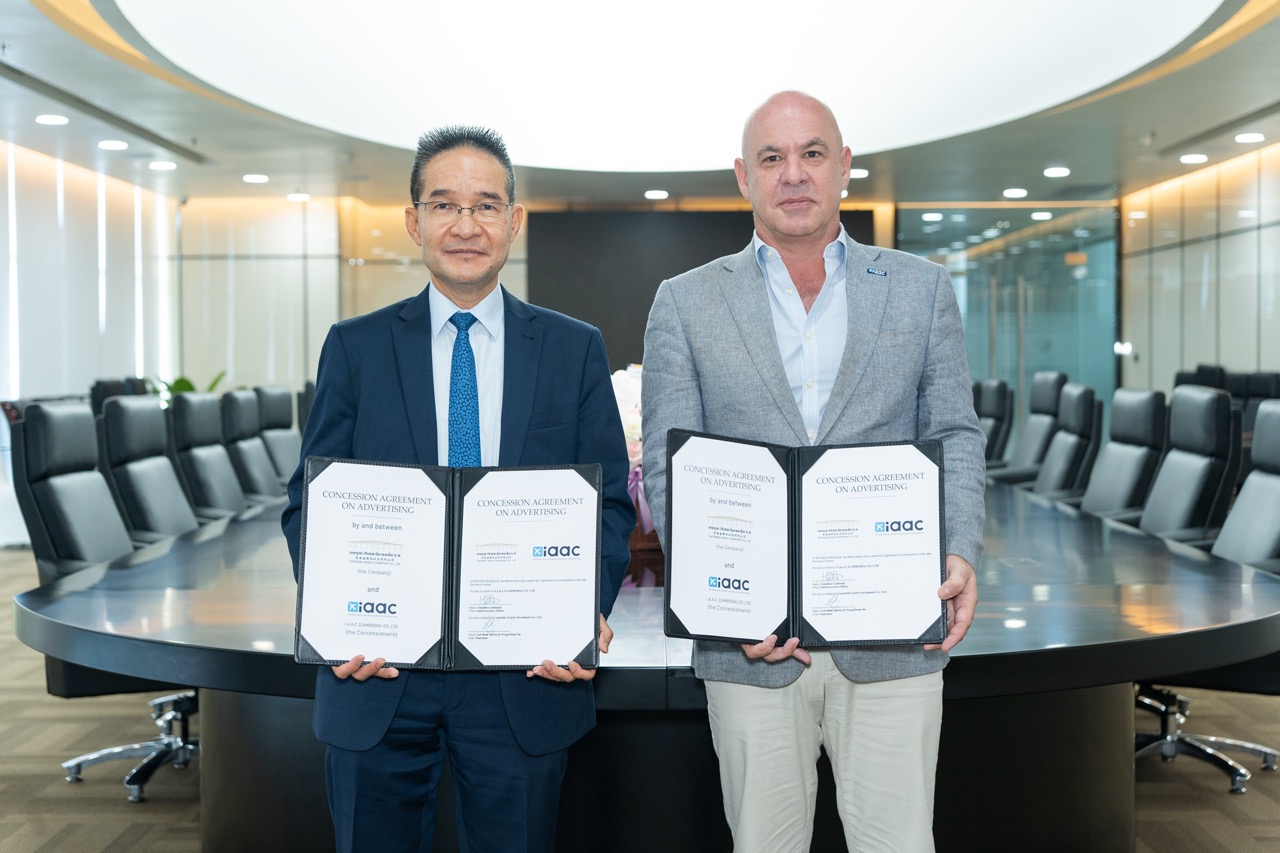LATIN AMERICA. A tough picture emerged of the state of play for travel in Latin America in the face of COVID-19 during a webinar organised by the region’s duty free association, ASUTIL, on Wednesday.

Senior representatives of the Latin America aviation and duty free industries shared traffic and re-opening updates, and voiced both optimism and frustration with regards to tackling the manifold current pandemic-related challenges.
Airports Council International – Latin America Caribbean (ACI-LAC) Director General Rafael Echevarne expressed dismay about the haphazard application of COVID-19 quarantine measures being introduced by governments across the world. With periods of up to 14 days of quarantine being imposed on returning travellers, Echevarne pulled no punches in his criticism.
He said: “The situation in LATAM right now is a challenging one; we still have the lowest percentage of countries opened up to air transportation of anywhere in the world. Our airports have implemented all of the protocols that have emanated from the likes of the International Civil Aviation Organization and European Centre for Disease Prevention and Control. We have far exceeded the recommendations.”
“If there is quarantine, people are not going to fly. It is as simple as that. COVID-19 is taking a huge toll on aviation” – ACI-LAC Director General Rafael Echevarne
Echevarne – whose organisation has introduced the Airport Health Accreditation programme to further strengthen health and safety measures at airports – said that ACI expects passengers to have decreased by more than -50% year-on-year across 2020. Full recovery, he said, would take at least until 2024. He also pointed out that the International Monetary Fund and the World Bank predict the largest falls for GDP in 2020 will be seen in the LATAM region.
“Airports are ready to go but unfortunately many countries have not yet re-opened their borders,” he added. “In other instances, there are of course the necessary requirements to do PCR tests, and on top of that quarantine. If there is quarantine, people are not going to fly. It is as simple as that. COVID-19 is taking a huge toll on aviation.”
With this in mind, he said that airports are not only worried by the situation today, but also the situation in a few months when the economic crisis “starts heating up”.
He sounded a stark warning: “We encourage our governments to open up as soon as possible because every day that goes by without travel means the economic recession will be tougher and deeper.”

Corporacion America Uruguay CEO Diego Arrosa, who oversees the running of Uruguay’s largest airport, Carrasco International, gave a South American airport perspective and presented an industry recovery plan for Uruguay.
Carrasco Airport re-opened seven weeks ago for domestic passengers only, with all the necessary COVID-19 health and safety protocols in place, he said. Arrosa said that he was looking forward to the next phase in the airport’s recovery, with the re-opening of Uruguay’s borders to European passengers.
He reported that COVID-19 tests on nearly 3,000 passengers in the last six weeks produced 99.86% negative results. Arrosa – who also expressed concerns about the impact of falling GDP on the travel market – said this has gone a long way to winning the confidence of authorities and the public about the airport being perceived as providing a safe travel environment.

Arrosa, too, does not see a recovery to 2019 traffic levels until 2024 at the earliest. He spoke of the importance of working with the airport’s commercial partners, including airlines and Dufry Uruguay, to find ways to maximise levels of passenger spend in this era of reduced traffic.
This, he said, would include a greater focus on customer experiences, and interacting with passengers long before they start their journey to highlight retail offers via digital platforms, with services such as click and collect available.
Turning his attention to the performance of duty free in the early weeks since re-opening, he said sales in categories such as liquor and confectionery are performing well. Other categories such as perfumes & cosmetics and fashion, which require sampling, testing or trying on, however, are suffering, Arrosa said.
Aurelio Barria, Executive Vice President of Motta Internacional – which has extensive duty free store interests across Latin America – was quick to turn attention to the plight of travel retailers burdened with punitive Minimum Annual Guarantee (MAG) contracts in the face of COVID-19. He believes such agreements urgently need redrawing.

“Our main purpose right now is to negotiate with the airports and adjust our economic activity on the business relationship,” Barria said. “As everybody knows, we have negotiated through public bids our participation in airports, usually for five or ten years’ duration of contract.
“This model has changed completely because the numbers that we considered for these public bids have changed dramatically. From our perspective, airports have to see the present, the future and COVID-19 as a new model. We have to sit down and we have to consider the lengths of our contracts because we need to amortise and we need to revise some economic terms.
“ Nobody will come as a tourist because they have to spend ten or 14 days in quarantine when they arrive and that kills the business” – Motta Internacional Executive Vice President Aurelio Barria
“Payment guarantees for months should no longer be a term that will be imposed by the airports and we have to negotiate variable [clauses] or percentage of sales.”
Barria added that some of the airports in which Motta is operating, such as in Ecuador, have registered a drop in passengers of -90% or more and other countries have closed airports except for humanitarian flights which do not allow for duty free operations.

He said that Motta’s expectation is that the LATAM region will not see passenger numbers higher than 20-25% of 2019 figures by the end of this year.
Barria continued: “At this moment, in the countries we operate in, the ministries of health are the ones who determine under what conditions people can enter the country or pass through the airports and those regulations are far from being what the needs of the airlines and airports are.
“We recommend that the ministries of health be in contact with the European and North American and Gulf institutions, so we can impose the same regulations and be a little bit more open, because if we keep the quarantine, passengers will not come to our airports and they will not come to our countries. Nobody will come as a tourist because they have to spend ten or 14 days in quarantine when they arrive and that kills the business.”

Gustavo Fagundes, Dufry COO for Brazil and Bolivia, gave an update on the Brazilian market – which is creaking under the strain of COVID-19 pressures and high daily death rates – and the challenges facing travel retail.
Describing Brazil as “one of the most-battered countries in the world”, Fagundes said it was a mixed picture across the country in relation to the pandemic with some regions now reporting lower infection rates, while others still had climbing numbers.
“Brazil is like a continent in itself and we will see domestic travel start to grow” – Gustavo Fagundes, Dufry
He did, however, say that he was confident the Brazil economy would recover from the crisis and that he believes the recovery could gather momentum in 2021, depending on how the pandemic plays out.
“The domestic air travel flow is coming back,” Fagundes said. “Day by day we see increasing domestic flights and a third of the business could already be back by the end of the year.

“I think that Brazilians are going to travel when they can. The country is like a continent in itself and we will see domestic travel start to grow.”
He continued: “When we talk about the international part of air travel, this is more difficult. There are some developments that are important. Foreigners have to prove that they have health insurance that covers Brazil and covers COVID-19 in order to get into Brazil, so they don’t have to quarantine. Airports are also launching laboratories to do tests in three hours, so this is good news.”
Addressing the current trends in Brazilian Dufry stores, Fagundes said that sales of food and beverages were strong. However, echoing Diego Arrosa’s feedback, he said COVID-19 factors makes goods such as cosmetics difficult to sell.
Another trend he highlighted was growth in the sales of electronics products “because these are the gadgets you can use more at home”, he said, alluding to the COVID-19 situation.

He added: “We have to make sure that omnichannel really happens and makes it more convenient for our customers to buy, develop loyalty programmes and talk to people before they come to the airport. The more they plan, the better it’s going to be to get the best out of that.”
Concluding, Fagundes said: “This is going to be a new ball game. Some of the trends we know already and we have been working to cope with them. I think we have an opportunity for suppliers and airport authorities, and all the community of travel retail, to make sure that we are ready for the new reality and that we get stronger from that.”
Have your say: You can add comments via the DISQUS platform below.











